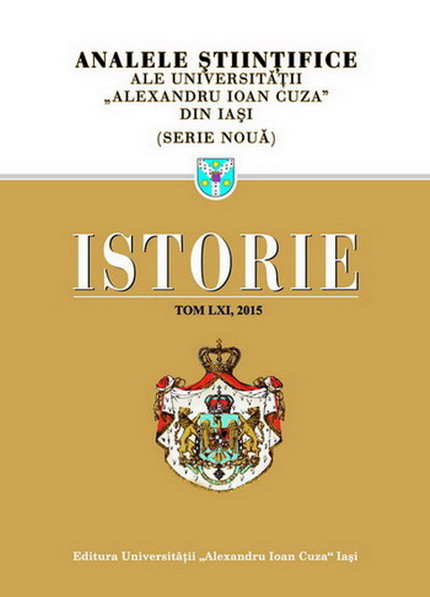Liberalii radicali şi republica votului universal
Radical liberals and universal suffrage republic
Author(s): Remus TanasăSubject(s): History, Political history, 19th Century, Period(s) of Nation Building
Published by: Editura Universităţii »Alexandru Ioan Cuza« din Iaşi
Keywords: republicanism; sovereignty; Constitution; suffrage; modernization; Romania.
Summary/Abstract: This article examines the radical liberal’s arguments for the universal suffrage as a mean to reach a republican vision over the politics. The republican model, inspired by the French republicans/radicals, or by the social theories of Giuseppe Mazzini, states that the institutions are really democratic only in a „checks and balances” system and only if the head of the government is elected by the people. Around the half of the XIX century, the Romanian Principalities, like other European nations, were in a period of national awakening, so the radical liberals were forced to collaborate with other Romanian political factions, in order to achieve the state unification and the national independence. The goal could be fulfill only with the help of the Great Powers, that were not willing to sustain a republican Romania because almost all Europe was monarchic. So, if the republican institutions were not anymore an option, the Romanian radicals were now sustaining a constitutional order that allows the king to reign but not to govern. The article argues that, in the Romanian case, the political ideologies were partially the root cause of the debates over the legislation; rather, the state institutions were the result of some circumstantial imperatives like the unification, the recognition of independence and the shaping of a national political culture.
Journal: Analele Ştiinţifice ale Universităţii »Alexandru Ioan Cuza« din Iaşi. Istorie
- Issue Year: 2015
- Issue No: 61
- Page Range: 313-331
- Page Count: 19
- Language: Romanian
- Content File-PDF

